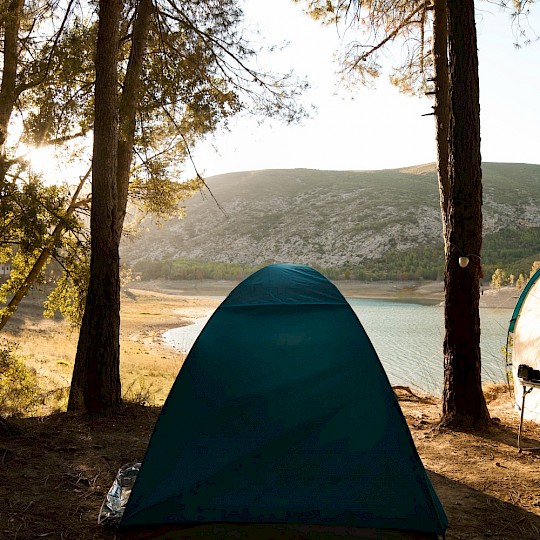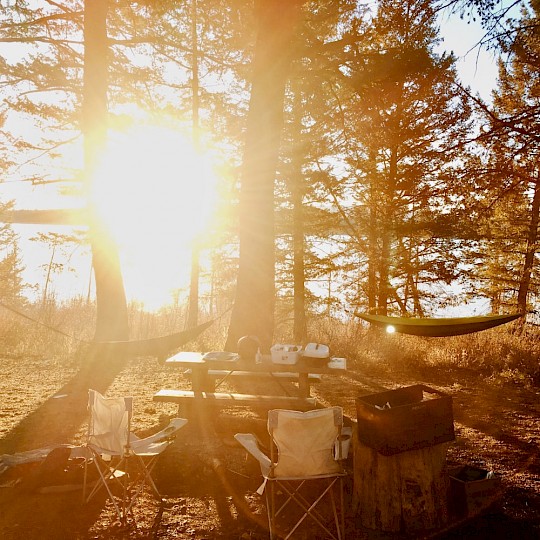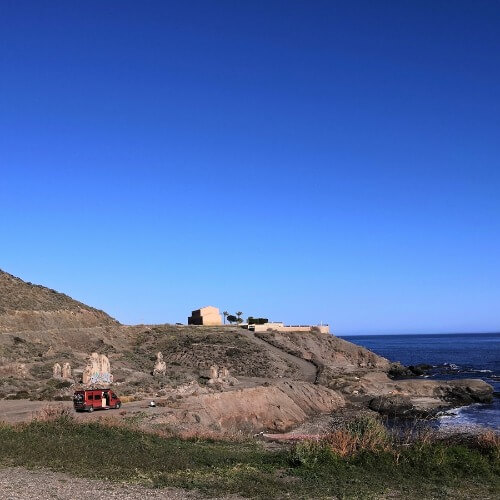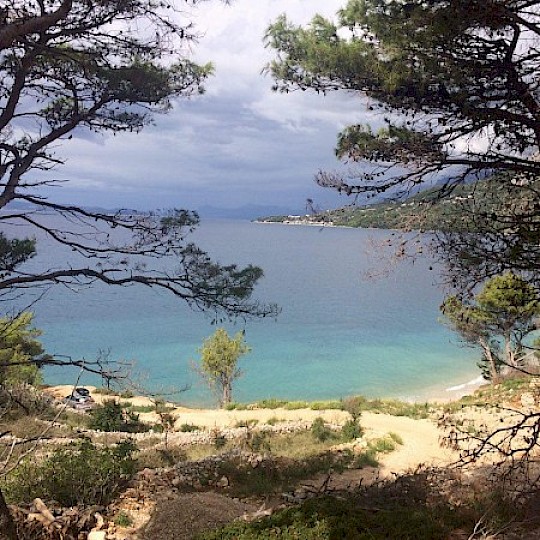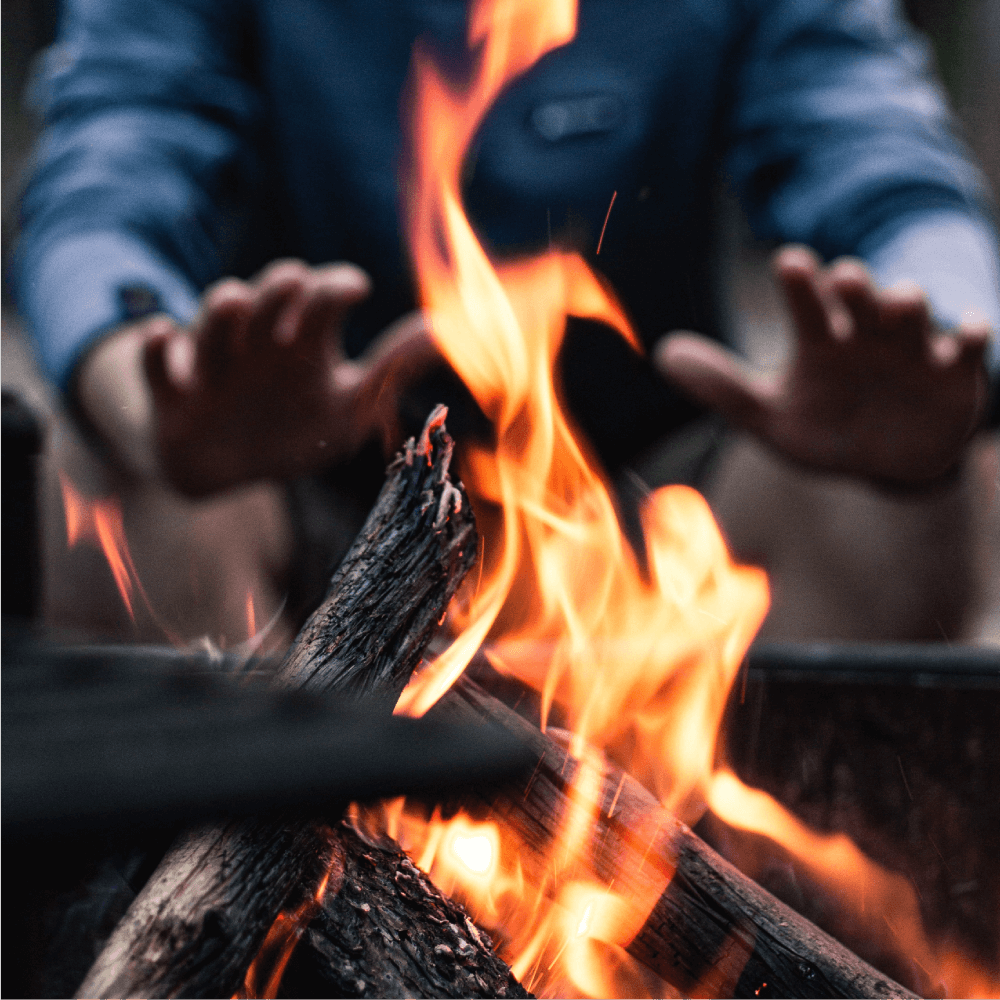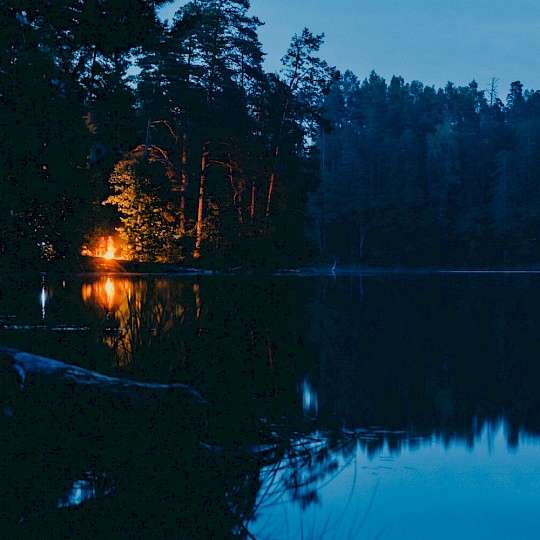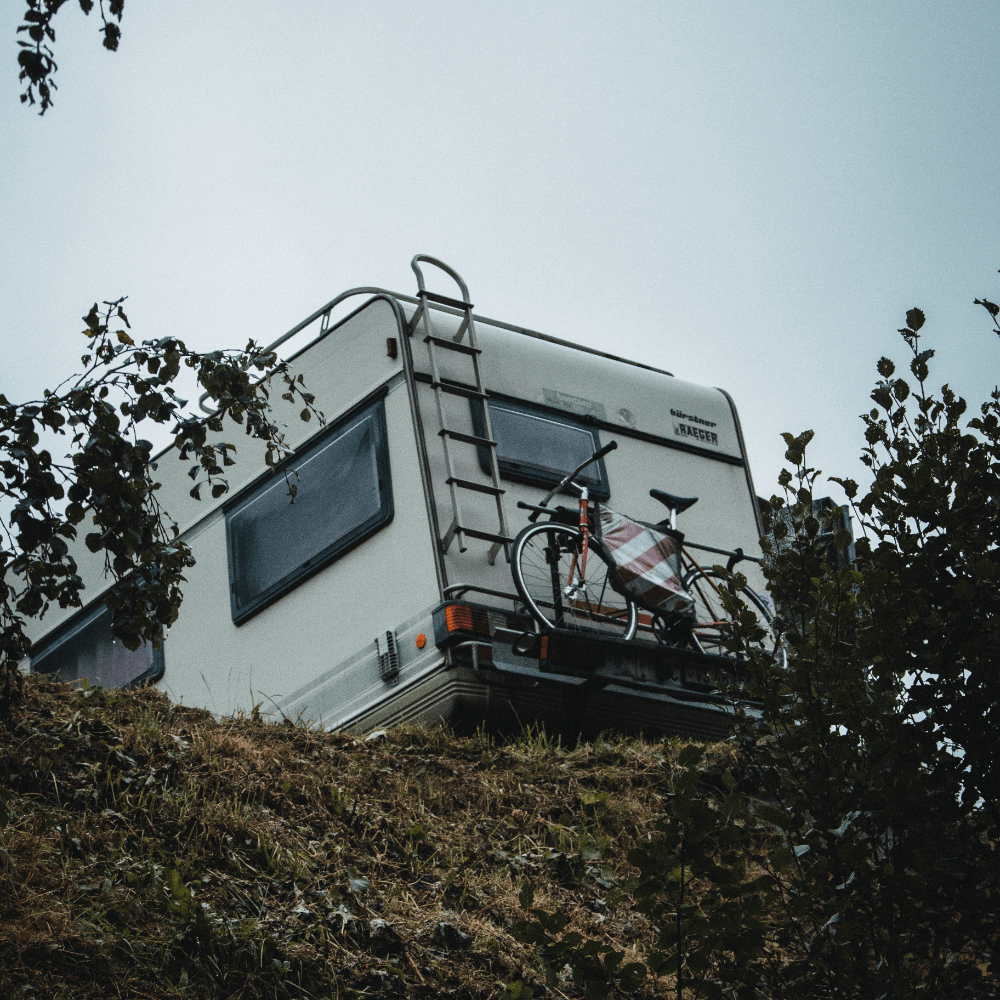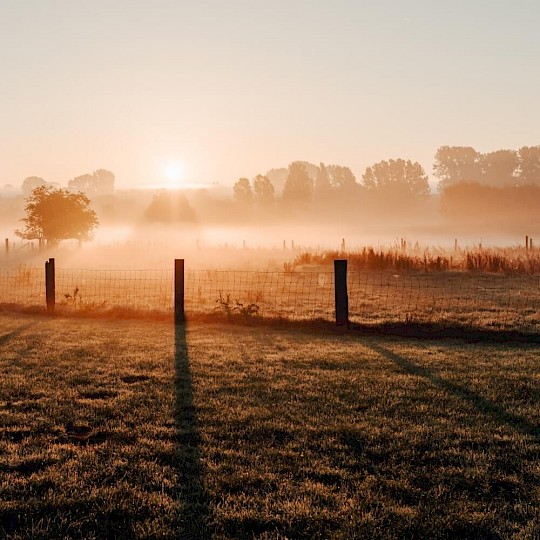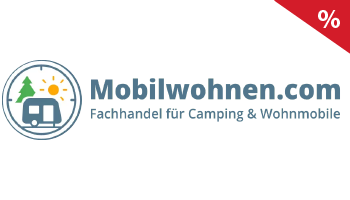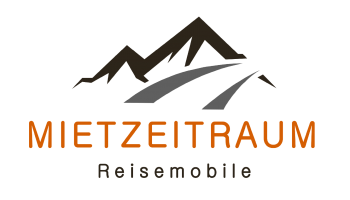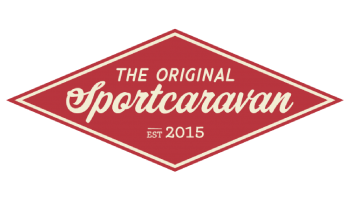Fact #1 - Tomatina
Every year at the Tomatina Festival the inhabitants of Buñol throw themselves with overripe tomatoes. On average, about 160 tons of tomatoes fly through the air.
Fact #2 - Quick speaker
Spain is the fastest spoken language in the world in terms of syllables spoken per second. They create about eight syllables per second.
Fact #3 - Desert
Yes, there are deserts in Europe too. More precisely, there is exactly one desert in Europe, the desert of Tabernas. The 280 km² large desert lies in the south of Spain in Andalusia.
Fact #4 - Sand theft
At the Platja del Palma in Mallorca, more than 82 tons of sand are "stolen" every year. Tourists from all over the world unconsciously carry the sand home in their clothes and bags.
Fact #5 - Spanish punctuality
Spaniards have many qualities, but punctuality is not one of them. A delay of up to 30 minutes is not unusual and is not seen as rude.
Fact #6 - Density of pubs
You want to sit in a bar and drink a glass of wine or a cold beer? Spain has the highest density of pubs in Europe.
Fact #7 - UNESCO World Heritage Sites
From prehistoric rock paintings to historic towns and national parks. Spain has 44 UNESCO World Heritage Sites and ranks third in the world.
Fact #8 - The oldest restaurant in the world
Casa Botín is the oldest restaurant in the world, according to the Guinness Book of Records. It was opened in Madrid in 1725 and was one of Ernest Hemingway's favorite restaurants.
Fact #9 - Coffee
You want to have a cappuccino or latte macchiato? That could be difficult. Spaniards usually only drink their coffee black or with milk. But sugar is always part of it.
Fact #10 - The capital city
Madrid, the capital of Spain, is well known. But did you know that Madrid is the geographical center of Spain? The "Puerta del Sol" square is the exact center of the country.




